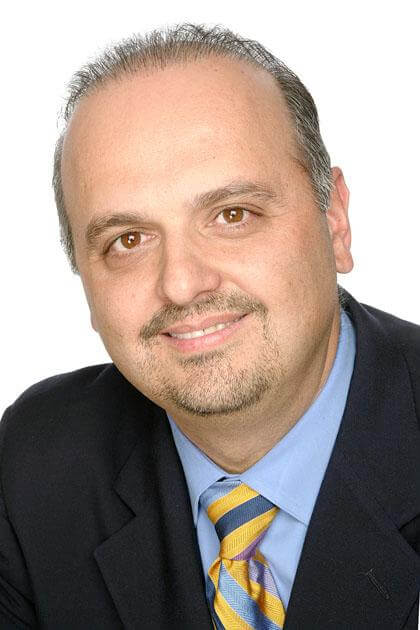By Nathan Duke
A Bayside dentist is collaborating with a Manhattan organization on a process during which stem cells from extracted teeth are stored for as long as 20 years in case they are needed to grew tissue or fend off diseases at a later time.
Dr. Nicholas Rallis, who lives on Long Island but operates the Center for Esthetic Dentistry at 209−20 35th Ave. in Bayside, said his office takes part in a rare practice, during which teeth are removed and shipped to a company that specializes in preserving stem cells. The cells can then be stored for up to 20 years and later used to grow muscle, brain, nerve, spinal cord, heart and bone tissue, he said.
“They can take immature stem cells and grow them into different types of tissue,” he said. “If someone, for example, had a spinal cord injury, their stem cells that had been saved could be grown into spinal cord cells and then transplanted.”
Rallis, who performs cosmetic and reconstructive dentistry, said he works with Manhattan−based Stem Save, an organization that specializes in storing stem cells from teeth for future use.
Stem cells extracted from teeth could be used to battle heart disease, leukemia, brain injuries, multiple sclerosis, Parkinson’s disease, Crohn’s disease, periodontal disease and diabetes, he said.
Most of the teeth Rallis’ practice removes for stem cell transplants are from children between the ages of 6 and 11 or teenagers. He said the teeth are primarily wisdom teeth or ones that are used for orthodontic reasons.
Any teeth that are infected cannot be used for the process, he said.
“The tooth needs to be pretty solid and cannot have a cavity in it, especially where the nerve has been affected,” he said.
Rallis said it costs nearly $1,000 to have a tooth’s stem cells saved for 20 years. Other methods of preserving stem cells, including the use of blood from a mother’s umbilical cord, can cost up to four times the amount of preserving the teeth, he said.
His office will remove a patient’s tooth and then ship it to Stem Save. The entire process only takes a few days, he said.
Stem cells are unspecialized cells that can renew themselves through cell division into a variety of specialized cell types.
Controversy has long surrounded stem cell research. Scientists have long contended that embryonic stem cells can be used to treat spinal cord injuries, Alzheimer’s disease and numerous other illnesses.
Reach reporter Nathan Duke by e−mail at nduke@cnglocal.com or by phone at 718−229−0300, Ext. 156.

































